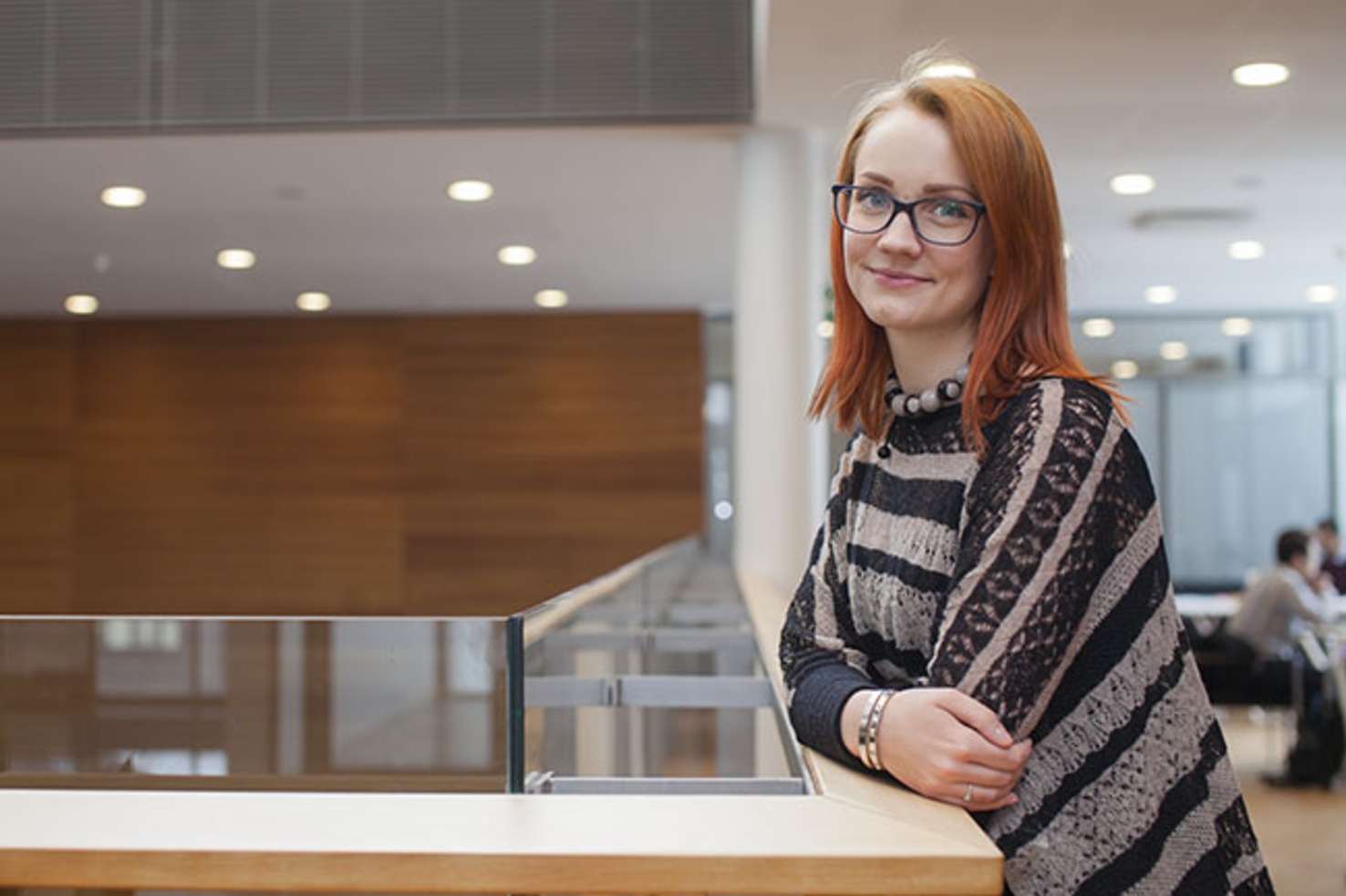Master’s degree students tackle societal challenges at CERN Bootcamp
Laurea students will participate in a week-long intensive session at the CERN Research Center in Switzerland.

This spring, Laurea’s Master’s degree students are provided with an excellent opportunity – the first of its kind – to try solving global societal challenges at CERN Bootcamp. The multidisciplinary CERN project, organized in cooperation with the 3AMK partner universities and the University of Helsinki, will culminate in a week-long intensive session to be held in Switzerland in June.
CERN is the research laboratory of the European Organization for Nuclear Research with about 2,500 scientific staff members. While the research topics of CERN scientists include the basic essence of matter and the universe, it is also the birthplace of the World Wide Web, or WWW.
At the CERN Bootcamp, the students’ task is to find solutions to global challenges with the help of methods familiar from the field of service design. The challenges to be solved are related to topics such as reducing plastic waste, tackling climate change, and developing healthcare by applying open data.
Multidisciplinary team of participants
- Previously, Laurea has organized events such as entrepreneurship camps in Cambridge. Now the CERN Bootcamp provides Master’s degree students a new way to add an international dimension to their studies, says Senior Lecturer Virpi Kaartti, one of the developers of the CERN Bootcamp.
The development of the camp started in collaboration with the University of Helsinki and, in order to raise a team of students representing as many disciplines as possible, the 3AMK partnership of Laurea, Haaga-Helia and Metropolia also joined in. A total of 46 students from the three universities of applied sciences applied to the program, and 21 were selected.
- What all the camp participants have in common is a passion for solving societal problems. The idea is that students of different disciplines can make the most of working at CERN and meeting its scientists and stakeholders on the basis of their individual background and experiences, Kaartti says.
- The combination of many kinds of expertise brings new perspectives and ideas into tackling complex challenges.
“I like to think about the ethics of this all”
- I wanted to apply to the CERN project because I’m particularly interested in ethical considerations and sustainable development issues, says Ida Haglund, a student for a Master’s degree in Beauty and Cosmetics who was selected as one of the participants for the CERN Bootcamp.
- I want to concentrate on these themes also in my future thesis. Reducing plastic waste, for example, is a very burning issue for the beauty and cosmetics industry.
For Maarit Hannula, a student of the Yrityksen kasvuun johtaminen (‘Leading Business Growth’) Master’s degree program, the most important reason to participate in the boot camp was her desire to learn something new.
- To begin with, the main reason why I applied to the Master’s degree program was my passion for learning new things. When I noticed the CERN project, I was instantly thrilled, she says.
- I also think that an intensive bootcamp such as this is a great opportunity to throw ideas around, create something new and find solutions to challenging questions.
More information:
- Virpi Kaartti
- Senior Lecturer
- Virpi.Kaartti@laurea.fi
- Tel (09) 8868 7486